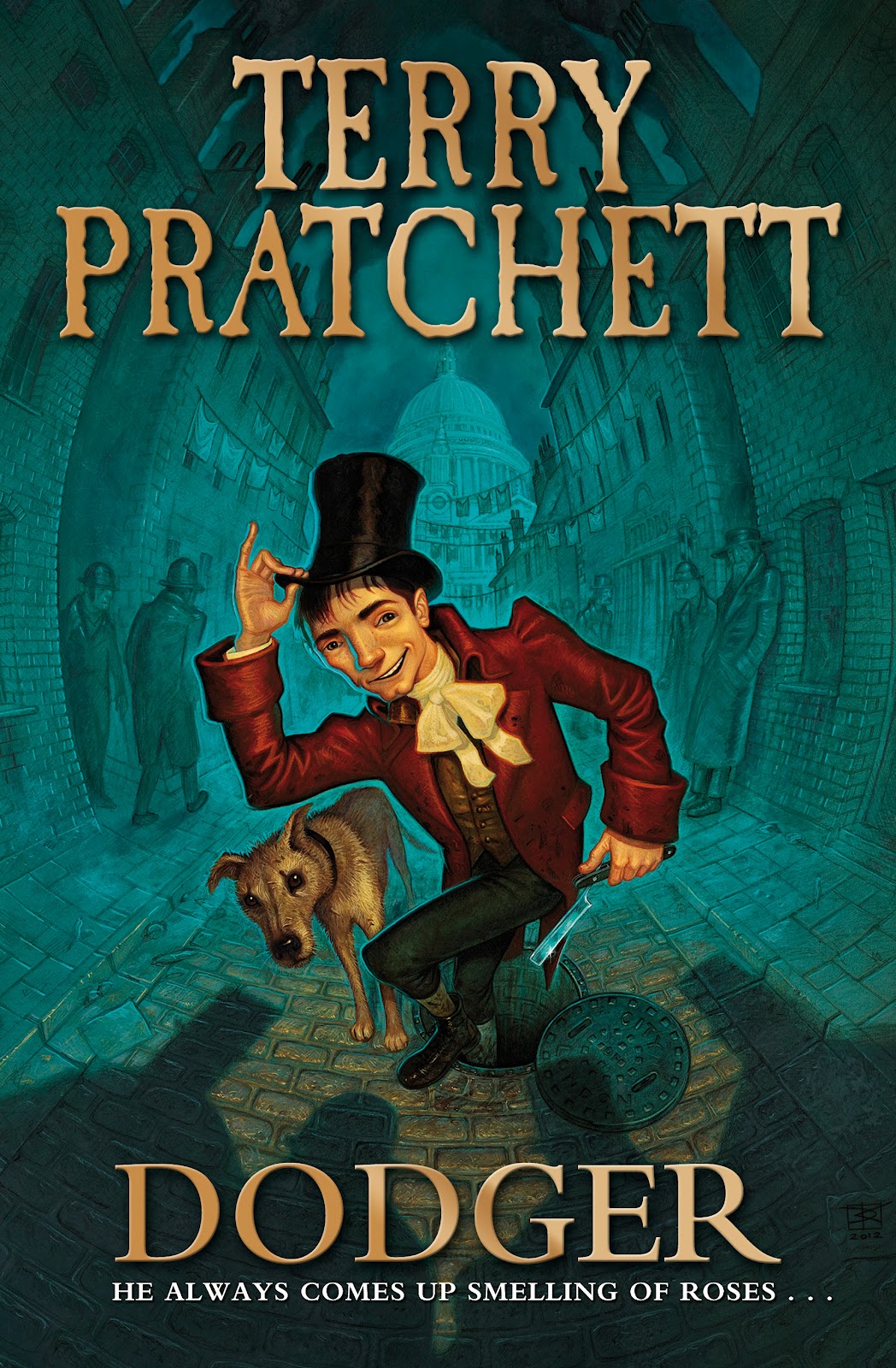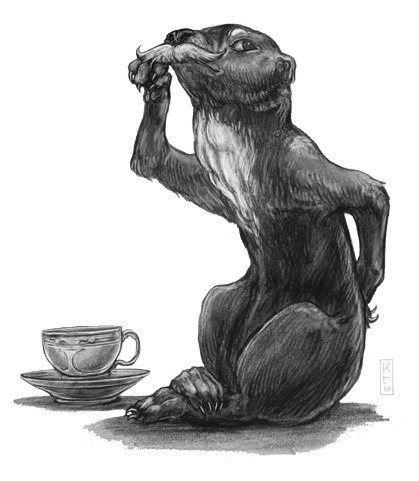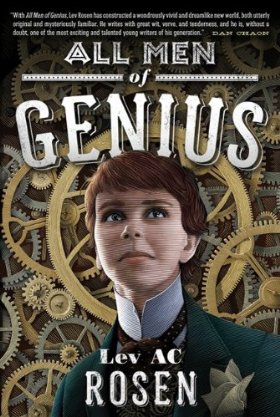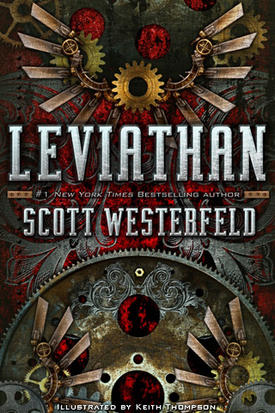
Dodger
by Terry Pratchett
“Dodger made haste towards the house of the Mayhews while in his mind he saw the cheerful face and hooked nose of Mister Punch, beating his wife, beating the policeman and throwing the baby away, which made all the children laugh. Why was that funny, he thought? Was that funny at all? He’d lived for seventeen years on the streets, and so he knew that, funny or not, it was real. Not all the time, of course, but often when people had been brought down so low that they could think of nothing better to do than punch: punch the wife, punch the child and then, sooner or later, endeavour to punch the hangman, although that was the punch that never landed and, oh how the children laughed at Mister Punch! But Simplicity wasn't laughing...”It was a dark and stormy night in turn-of-the-century London. A girl's scream rips through the air as she tries to escape a carriage with two brutish men on her heels. Suddenly, a young man emerges from a sewer drain and saves her. Thus Dodger, common geezer and tosher (person who explores sewers for lost items), gets swept up in a mystery that involves Charles Dickens, Henry Mayhew, Benjamin Disraeli, and even foreign powers. Will he be able to solve the mystery of the woman in the coach, and will he be able to maintain his identity as his star rises?
Pratchett calls this book a historical fantasy, and I can definitely see how that is true. It is more like historical fan fiction, where he manipulates facts to give you a really fun story. It took me a while to get into the rhythm of his long, convoluted and clever sentences, but I really enjoyed the book.
The world was excellently drawn, almost too much so, for I felt sometimes he was letting the historical personages run wild with their opinions on the world more than letting the plot advance. However, the characters are really fun, if a bit flat. The two characters that stand out in relief from the others are Dodger himself and his mentor and landlord Solomon. Solomon is a practical, cosmopolitan Jewish refugee. He lives simply and speaks wisely, and plays his cards close to the chest. It bothered me that Pratchett seemed to be implying that Fagin from Oliver Twist was based on Solomon, for Solomon was nothing if not an amazing role model. Dickens actually went back and apologized for the anti-Semitic portrayal of Fagin in Oliver Twist, so it colored my view of Dickens in the novel.
Dodger is a surprisingly compassionate hardened geezer (clever, streetwise person). He is more complex than you realize at first, protecting his town, and if he lies and manipulates a good person, he makes sure they are recompensed. He sees all sides of a situation, and feels sympathy for those who are portrayed as "villains" in the eyes of the public. I do sometimes wish that he was actually genuinely scared or that he failed horribly once or twice in the story, because his constant successes made me hate him a little, but just a little.
I honestly was expecting a lot of horrible things to happen in this book which never happened. Perhaps, I forgot this was a Pratchett novel, and not just a regular historical/ literary adaptation where they try to take the story down dark roads.
All in all, a pleasant and fun romp through 17th century London.
Books Like This:
The Wee Free Men by Terry Pratchett
Sacre Bleu by Christopher Moore
Oscar Wilde and a Death of No Importance by Gyles Brandreth









